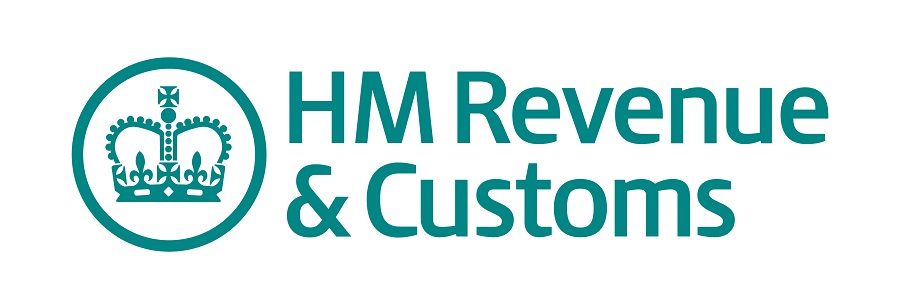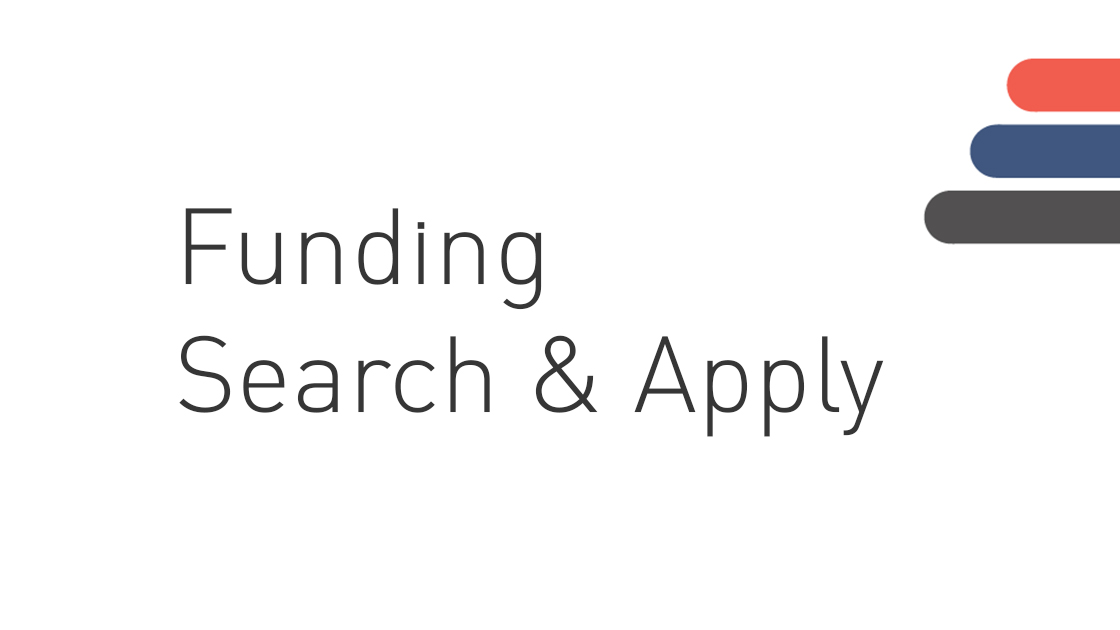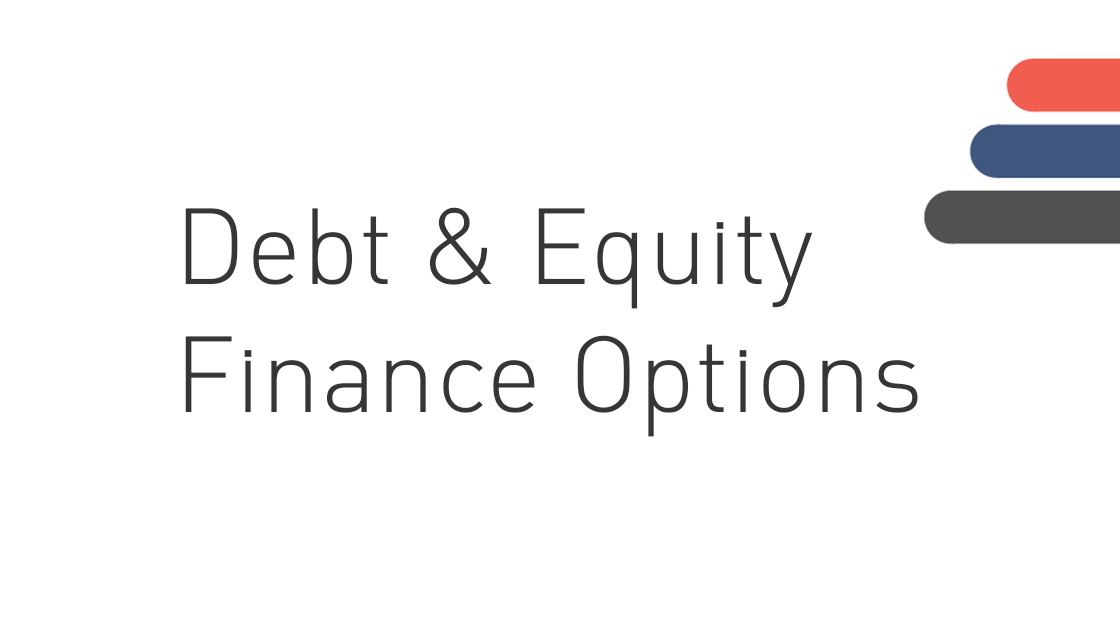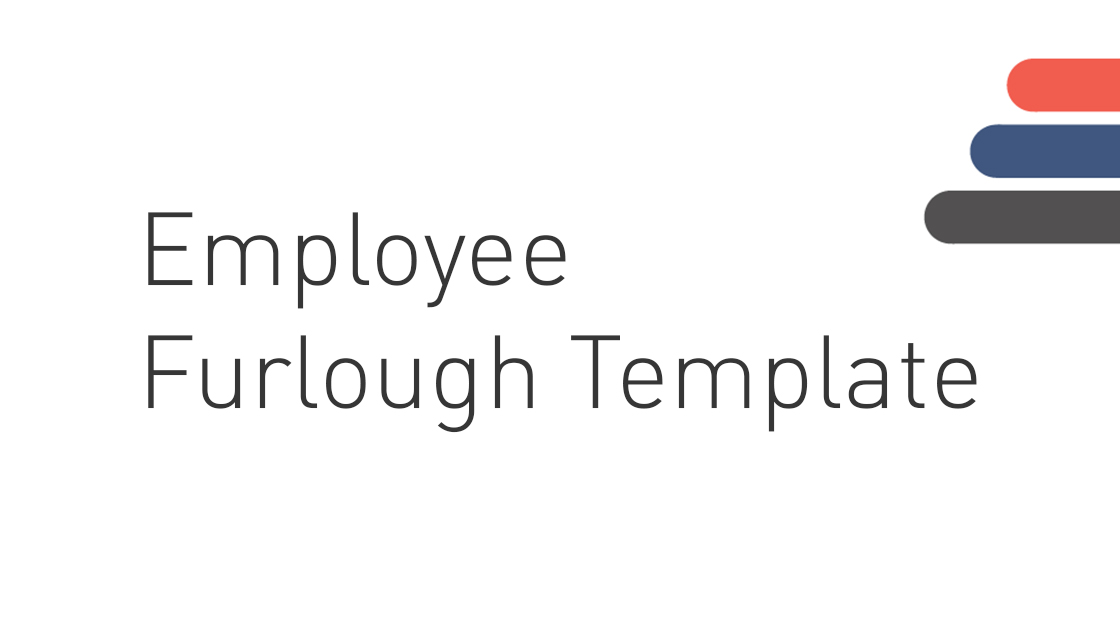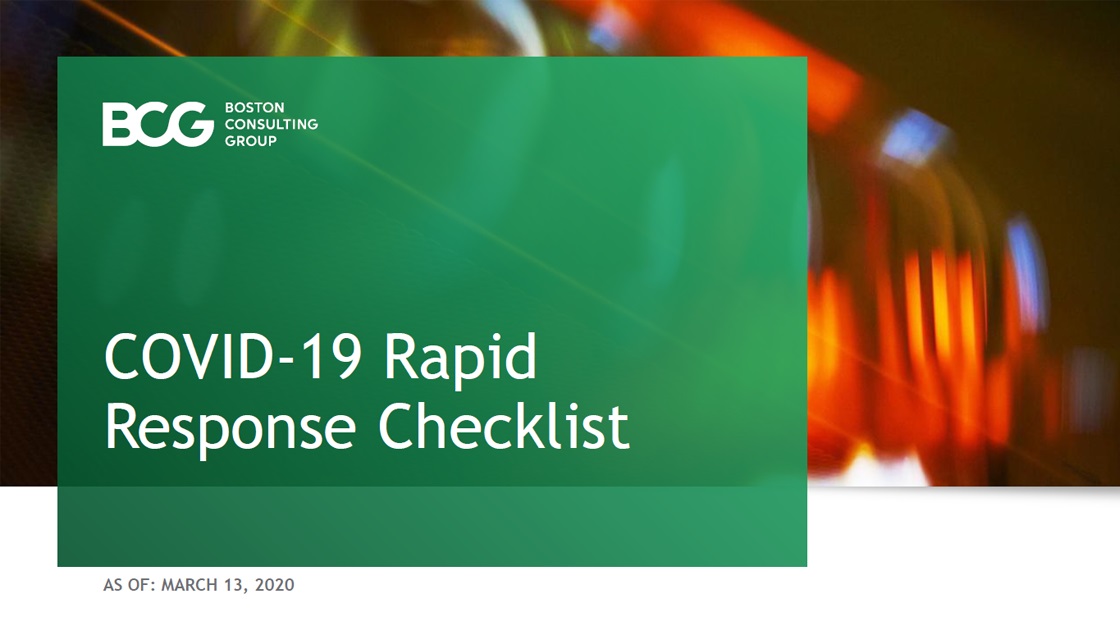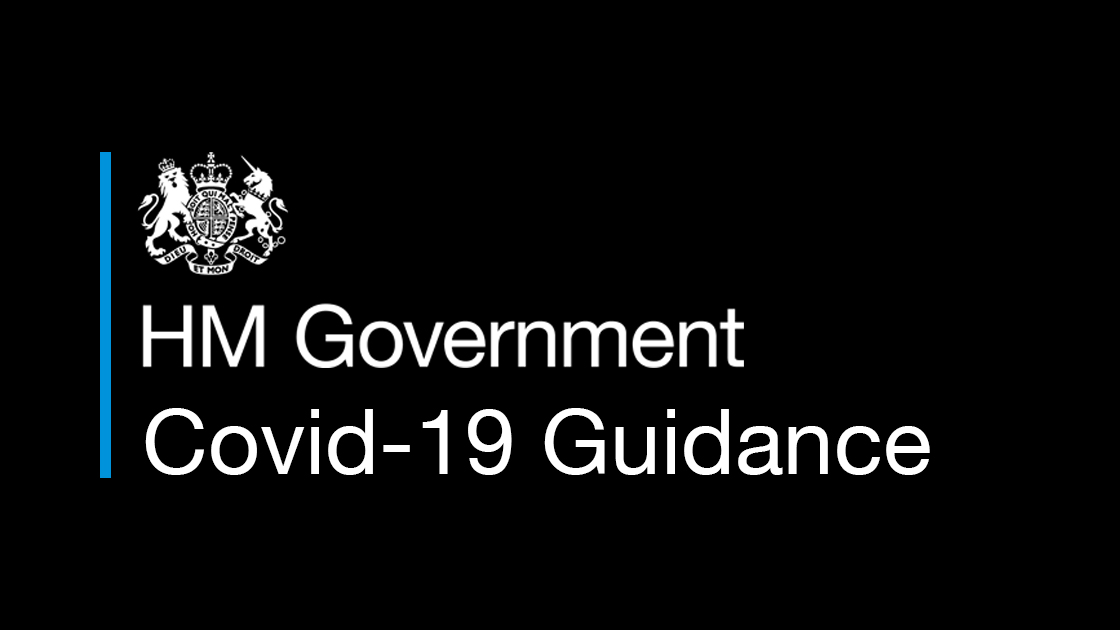Coronavirus Business Continuity Resource Centre
The world is facing an unprecedented viral pandemic in Covid-19. The global economy, and subsequently the businesses within it are being impacted substantially. We've pulled together resources that can help your business survive.BUSINESS CONTINUITY GUIDE
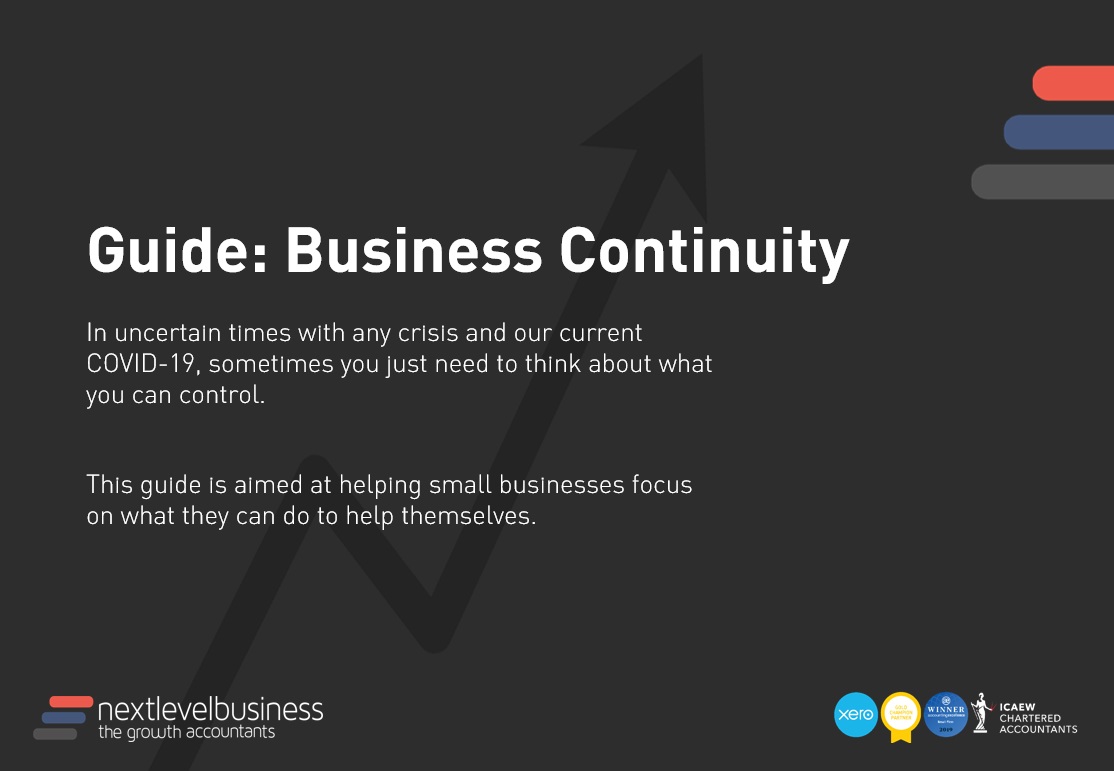
COVID-19 has caused lots of unexpected ripple effects to small businesses and the impact on your business may be significant.
Time to dust off some best practice business continuity planning. Business continuity planning is the process involved in creating a system of prevention and recovery from potential threats to a company.
This guide is aimed at helping small businesses focus on what they can do to help themselves.
latest covid updates
LATEST HEALTH UPDATES
World Health Organsiation (WHO) -Information
World Health Organsiation (WHO) - Dashboard
Position Statement For Our Clients
Context: we wish to help as many businesses as possible however we can't do everything for everyone, some stuff will be free and other stuff will have a cost we will work with your where possible to keep this down, let you DIY where possible and generally give you every reasonable support and help we can
Help that is non-chargeable - Resouce Cente, Templates, Coffee Group, WhatsApp Group, Email Updates, short advice calls with client managers
Chargeable - loan applications work, additional advisory work, work outside your service plan
Phase 2 Support Announcement 24th september 2020
A 'Phase 2' package of measures to support businesses was announced on 24th September 2020
The idea behind this package was to support jobs primarily and ease cashflow concerns of businesses given the uncertain outlook for the economy over the winter.
Job Support Scheme (JSS)
A new scheme aimed at small and medium sized businesses primarily.
- Qualifying Businesses - all, irrespective of using the previosu Furlough scheme or not
- Qualifying Time Period - November 20 to March 21
- Qualifying Workers - must be working and get paid as normal for one third of their normal hours (pro rate for part time)
- Support - once the third is covered the government/employer/employee split the remaining bill a third each, in effect a 22% wage subsidy from the government and the same amount sacrificed from the employee. The employee overall would get 77% of their wages so clearly a measure for them.
- Consider - this means you may pay more per hour for the employee than you would under normal circumstances so inline with the aim of the scheme employers really need to think about whether this is a real job to keep open. Employers can still claim the previous return to work Furlough Grant in February 2021 on top of this scheme.
Self-Employed Income Support Scheme (SEIS)
An extension and revision of the previous scheme more than anything.
- What? - likely to be a % of profits as per the previous scheme and likely to match the 22% job support scheme amount but detail TBC
- When? - November 20 - March 21 is assumed
- How? - no doubt claims will need to be made at specific points TBC
- Terms? - most terms from the previous scheme were said to continue but details TBC
Loans (Bounce Back and CBIL)
An extension and revision of the previous scheme more than anything.
Bounce Back Loans - extended time period to 10 years, interest only repayment option and 6 month repayment holiday for those in real trouble, applications extended to the end of the year
CBIL Loans - applications extended until the end of the year, extended terms upto 10 years
Details like changing existing loans or applying for the bounce back changes were limited however likely to be announced in due course.
New Loan Scheme
A successor to the existing loan schemes was announced that one would be available from January 2021. Details TBC.
Tax Changes
VAT Deferral - deferred VAT due for repayment by 31 March 2021 can be spread over 11 months with no interest, details on applying TBC
Self Assessment Deferral - January 2021 self assessment tax bills can be spread across 12 months, details on applying TBC
5% VAT Rate - for tourism and hospitality has been extended to 31 March 2021
------- PREVIOUS SCHEMES AND ANNOUNCEMENTS BELOW ---------
Bounce Back Loan Scheme (BBL) - Loans below £50,000
This goes live on Monday, 4th May 2020. Note this is a loan and as such repayable. This is a much improved, faster loan scheme for the smaller business in our view that does not require a complex application to access. Subject to the usual fraud and eligibility checks funds should arrive within days.
Criteria:
- UK Business (sole trader, Ltd company, partnership)
- Business has been negatively affected by coronavirus
- Wasn't an 'undertaking in difficulty*' on 31 December 2019
* = in simple terms this means if the businesses balance sheet was negative on this date then it is unlikely to qualify as the business is still cumulatively loss making, seek advice for your specific circumstances
Loan:
- Amount = Minimum: £2,000 / Maximum: upto 25% of turnover or £50,000
- Term = borrow upto 6 years
- Interest = no more than 2.5%
- First 12 Months - interest paid by govenernment and no repayments at all
- Fee's - no fees, these are paid by government
Apply:
- Online with your bank will be the fastest option
- You CANNOT apply if you have already got a CBIL loan, if the amount of your CBIL loan is below £50k you may be able to convert, speak to your bank
- Short application form
- Money within a few days
- You will need the following: business bank account details, estimated turnover, company number if applicable, your personal details, authority inline with the account holder authority you setup
Coronavirus Business Interruption Loan Scheme (CBIL) - Loans above £50,000
This goes live on Monday, 23rd March 2020. Loans and debt are repayable. The loan will be interest free and fees paid by the government for 12 months (previously announced 6 months). Maximum of £5m loan per small business. Finance will be from 3 months to 6 years for loans and asset finance, 3 years for overdrafts and invoice finance facilities. 80% guranteed by the government. No fee's for small businesses to access the scheme.
**NEW CHANGES ANNOUNCED 3RD APRIL**
Following a poor acceptance rate of less than 0.8% of loans applied (under 1,000 successful from 130,000 applicants) the government has announced revisions to the scheme to help more businesses sucure funding where they need it. The main points are:
1) You don't have to be disqualified from commercial lending in order to access the scheme
2) All lenders banned from asking for personal gurantees for loans under £250,000
3) A large scheme has been launched for bigger businesses with turnover above £45m
We are hoping this means a greater access to finance as needed however we fear a practical application issue where banks who also have home workers have too many applications to deal with effectively. We have heard of one bank who has had 400,000 applications, this is an impossible number to process in any circumstances. We recommend getting full and complete applications in ASAP.
Eligibility Criteria - UK based, turnover no more than £45m, operate in an eligible industrial sector, less than 200k Euro of state aid over current and previous two fiscal years, considered a viable in the longer-term. Acid test = the borrowing proposal, were it not for COVID-19, would be considered viable by the lender. The lender will now look at this CBIL scheme in the first instance. More information here: https://www.british-business-bank.co.uk/ourpartners/coronavirus-business-interruption-loan-scheme-cbils/
Security - At the discretion of the lender the scheme can be used for unsecured lending upto £250,000 and are now banned from asking for a personal gurantee from the director. Above this the lender must establish a lack or absence of security prior to businesses using CBILS.
How to Apply - the British Business Bank has 40+ accredited lenders, types of finance and regions (see HERE) Guidance suggests approaching your current lender first. Ultimately you will need to approach an accredited lender directly.
Our Guidance - you will need a viable business plan as normal for lending. This means having at least the following information available. Last 3 years statutory accounts, recent management accounts, a forecast for at least the next 6 months. Lenders may vary information they require and we have been asked to support with scenario analysis, cashflow forecasts and other information to support applications. Contact us for help if you require.
Feedback on the Ground - prior to announcements revising the scheme on 3rd April we were seeing banks asking for personal gurantees and high interest rates for these loans and also segmenting who they will lend to (for example no early stage businesses, no unprofitable businesses etc). This means the sad reality at the moment is not everyone who needs support will be able to access loans. https://www.bbc.co.uk/news/
What you need to be able to apply - feedback on what is required is as follows. Due to the large number of applications generally priority is being given to businesses that have completed the lenders full document requirement list. So whilst this is not exhaustive or applicable to every bank this is a good guide as to what is required:
- Last 3 years full accounts with detailed P&L
- Last 12 months business bank statements (Lloyds Bank usually need 6 months personal as well)
- Up to date management accounts
- Aged debtor and creditor lists
- Confirmation of any outstanding debt (provider, term, repayment)
- Statement of personal assets, liabilities, income and expenditure from all Directors
- Home addresses of all directors/ shareholders
- Paragraph on how Covid-19 has affected the business and what the funds will specifically be used for
If you need help preparing the above please contact your client manager. If you are not a client we may be able to help but you will need to contact us via the discovery form on the home page.
Businesses that have cover for both pandemics and government-ordered closure should be covered, as the government and insurance industry confirmed on 17 March 2020 that advice to avoid pubs, theatres etc is sufficient to make a claim as long as all other terms and conditions are met.
Insurance policies differ significantly, so businesses are encouraged to check the terms and conditions of their specific policy and contact their providers. Most businesses are unlikely to be covered, as standard business interruption insurance policies are dependent on damage to property and will exclude pandemics.
Businesses With Premises
Coronavirus Cash Grant (all businesses with small premises)
For the 700,000 or so small businesses that are eligible for Small Business Rate Relief (SBRR) in England (Wales, Scotland and Norther Ireland are set by their devolved administrations). This means the rateable value of the property is less than £15,000. A cash grant of £3,000 was initially announced which was increased to £10,000 on 17th March 2020.
The Department for Business, Energy and Industrial Strategy will be writing to local authorities this week to outline the scheme, and encourage local authorities to prepare. Once up and running, your local authority may need a simple application from you as they don't always have bank details to make the payment, you should monitor your local authority website and process as each may differ. Try to get in quickly for applications to ensure you get funding as soon as possible. Funding will not be available until April, as stated on the government website. You don't need to repay the grant. You can find your local authority here: https://www.gov.uk/contact-your-local-council-about-business-rates
Business Rates Holiday (businesses with premises in certain sectors)
For retail, hospitality, leisure and nursery businesses (i.e. shops, restaurants, cafes, drinking establishments, cincemas, live music venues, hotels, guest premises, self catering accomodation, nurseries on Ofsted's Early Years Register etc) there is no action to take. Local authorities (their guidance here) will apply this to your next council tax bill in April 2020. However, your bill may need to be re-issued to exclude the business rates charge and this will happen as soon as possible. You can estimate the amount of rates you won't have to pay here: https://www.gov.uk/calculate-your-business-rates
Coronavirus Cash Grants (businesses with premises in certain sectors)
For retail, hospitality and leisure businesses (i.e. shops, restaurants, cafes, drinking establishments, cincemas, live music venues, hotels, guest premises, self catering accomodation etc) there are cash grants for EACH property. Properties with a rateable value upto £15,000 will recieve £10,000, those with a rateable value £15,001 - £51,000 will recieve £25,000. You don't need to repay the grant.
Once up and running, your local authority may need a simple application from you as they don't always have bank details to make the payment, you should monitor your local authority website and process as each may differ. Try to get in quickly for applications to ensure you get funding as soon as possible. Any enquires contact your local authority. You can find your local authority here: https://www.gov.uk/contact-your-local-council-about-business-rates
Businesses With Employees
Coronavirus Job Retention Scheme (business with employees)
**Updated July 2020**
On 8th July 2020, the government announcement that a further incentive would be granted to businesses using CJRS.
The job retention bonus is a one-off payment for employers who keep their staff in work after the CJRS ends at the end of October. If employees are kept in continuous work, earning more than £520 a month on average (the lower earnings limit) from the end of the CJRS to the end of January 2021, the government will pay employers £1,000 per member of staff brought back
The payment will be made at the end of February 2021.
Further information will be released at the end of July for specifics relating to the bonus scheme
All UK employers will be able to access support to continue paying part of their employees' salary for those employees that would otherwise have been laid off during this crisis.
This will commence starting 1 March 2020 and run now in a unchanged way until July 2020, following this from August to October 2020 changes to the scheme will include lower rates and part time furlough options, these are detailed below. These changes will be 1) Additional Flexibility for part time furlough etc and 2) A company contribution toward Furlough cost will be required. We await more details for the August onward element. The scheme allows for employers to claim a grant of up to 80% of the employees wages for all employment costs including employer national insurance and employer pension costs, up to a cap of £2,500 per month. The wage costs will use February 2020 as a baseline to calculate the 80%. Employers can choose to fund the differences between this payment and your salary, but don't have to. This is NOT a general wage subsidy and therefore is only relevant where you don't need that employee to work and where the alternative generally speaking was redundancy. https://www.gov.uk/guidance/claim-for-wage-costs-through-the-coronavirus-job-retention-scheme
Who is eligible? - All UK companies that employ people on payroll including limited companies, sole traders, LLP's, partnerships, charities, non-profits. It has been confirmed that all employees including directors of Ltd companies can apply for this scheme. Where the employee is a director also it has been confirmed that a director can continue their statutory duties to the company and this won't be seen as work. This means direcors can continue to administer the company and it's affairs whilst being furloughed.
How does it work? - Employees wages will based on February 2020 for the purposes of the 80% and £2,500 cap. Designation and notification with employee signing to agree needs to happen. Notification to HMRC via a portal will need to be completed to reclaim funds.
How much will I get? - For each furloughed employee you will get 80% of the normal basic wage, upto £2,500, plus the associated Employer National Insurance contributions (13.8% over £719 per month) and minimum employer pension contributions (3%) on that wage.
June 2020 - Full Time Furlough, original scheme rules apply as above
July 2020 - Flexible Furlough, 80% wage support upto £2,500, No Employer NIC or Pension
August 2020 - Flexible Furlough, 80% wage support upto £2,500, No Employer NIC or Pension
September 2020 - Flexible Furlough, 70% wage support upto £2,187.50, No Employer NIC or Pension
October 2020 - Flexible Furlough, 60% wage support upto £1,875, No Employer NIC or Pension
What is flexible or part time furlough from July 2020? - This is where employees no longer have to be fully furloughed for the entire working week. Employers will be able to have part time furlough, for example 2 days a week employed and 3 days furlough, from 1 July 2020. The minimum Furlough period from 1 July 2020 also drops to nil. This is to support gradual return to work. However employees that have not completed a minimum 3 week Furlough by 30 June cannot be part time furloughed and no one else can join the scheme from 1 July 2020. the cap on furloughed employees per employer cannot exceed the number that was furloughed in June 2020.
When will I get the money? - The claim portal will be available from 20th April 2020. Claims will start to get paid from 30th April 2020 (we assume these will be the first batch submitted on the 20th). Following the initial backdated payments future claims are estimated to be paid in 4-6 days following claim.
What do I need to keep? - You need to keep the overall calculations and information for each claim for 5 years. Just like most business receipts HMRC have confirmed you need to keep your claim information for 5 years as they expect to audit a large number of claims in future to ensure compliance. They have warned they see false claims as a criminal offense. Our strong recommendation would be to get a competant professional to help with the claim if you are not fully confident yourself.
Can my accountant/payroll supplier help? - Yes, however only authorised tax agents for PAYE can assist in making claims. Next Level Business operates a payroll service and we are tax agents for all our clients therefore we will be able to help you. Often payroll bureaus or file-only agents are not fully tax agent authorised therefore won't be able to help.
Recommendations - as most business will have effectively had employees working in March and March's payroll is complete at the point of writing we think the most pragmatic way to deal with enacting this is to start 1 April and designate and write to employees before this date.
What you need to do:
1) Designate & Write to affected employees as 'furloughed workers' and notify them of this change in writing (template HERE). Furloughed means they won't be able to work for you as they are taking an involuntary leave of absence. Remember existing employment law remains. Draft letters for each employee using the template (or your own) and get them to sign it to agree and acknowledge the change. For Next Level Business clients please send the payroll team copies of the signed Furlough letter and enter changes to salary in Launchpad as usual as soon as possible.
2) HMRC Business Account - your business should have an HMRC business government gateway. The claim portal is inside your business account and as such making sure you have a Business ACCESS and PAYE tax setup is highly recommended. You can sign in here https://www.access.service.gov.uk/login/signin/creds If you need to create one it can take upto 10 days to get the PAYE authorisation codes in the post so we suggest you do this now. Register here https://www.gov.uk/log-in-register-hmrc-online-services/register
3) Submit from 20th April employee and earnings information to HMRC through a new online portal. The portal will go live on 20th April to start making claims. HMRC claim the system has been scaled for 450,000 users per hour and 2m claims in the first 10 days, we still expect issues. Going forward you will be able to submit claims upto 14 days in advance of running payroll and HMRC expect to pay claims within 4-6 days. That means if your normal pay date is for example the 25th of the month then a claim can be filed on the 11th, assuming 6 days to pay then you would have money on 17th ahead of the pay date of 25th.
BUSINESSES THAT PAY TAX
(PAYE/VAT/CORPORATION TAX)VAT
You can defer VAT payments due in the period 20 March 2020 - 30 June 2020. This is an automatic offer and you do not need to apply. No VAT payments need to be made during this period. You will have until 5th April 2021 to pay any liabilities that have accumulated during the deferral period. VAT refunds and reclaims will be paid as normal.
PAYE
Although not officially announced there has been a general ramping up of HMRC's time to pay arrangement for all taxes and we have reports of clients using this for PAYE. If you can't pay due to Coronavirus you need to get in touch with the HMRC helpline, here: https://www.gov.uk/difficulties-paying-hmrc
CORPORATION TAX
Although not officially announced there has been a general ramping up of HMRC's time to pay arrangement for all taxes and we have reports of clients using this for corporation tax. If you can't pay due to Coronavirus you need to get in touch with the HMRC helpline, here: https://www.gov.uk/difficulties-paying-hmrc
Individuals
Individuals / Employees / Self-Employed / Contractors**NEW** Self Employed & Freelancer Statutory Self Employment Pay (APPLICATIONS OPEN 13th MAY)
4.8 million people fall into this catagory in the UK. It does not cover the majority of our clients who work through their own limited companies. These people remain eligible for the Job Retention scheme above.
Check your eligibility here (you will need your UTR and NI number): https://www.tax.service.gov.uk/self-employment-support/enter-unique-taxpayer-reference
For those self employed this will work in a similar way to the wage support for employees announced. https://www.gov.uk/guidance/claim-a-grant-through-the-coronavirus-covid-19-self-employment-income-support-scheme
- Definition - self employed refers to those meeting HMRC definition of self employed, it DOES NOT cover individuals working through LTD companies paying themselves a combination of salary and dividends. It DOES cover self employed & parters in partnership.
- Eligibility - 1) trading proift below £50,000 for 2019 tax year or average below £50,000 for 2017, 2018 and 2019 2) must have filed tax year 2018/19 personal tax return 3) Adversely impacted by Corona Virus 4) 50% of income or more must come from self employment
- 2018/19 Return - those who missed 31 Jan 2020 deadline have 4 weeks to 23rd April to file it to be eligible
- Amount - lower of 1) 80% monthly average profit or 2) £2,500 for a total of initial 3 months (April/May/June)
- How Much - average of last 3 years proift divided by number of months in that period, if only 1 or 2 years available use that, upto £7,500 total
- How Paid - directly into your bank account, in one installement
- When - HMRC aiming to have this in place early June and will be paid as a single lump sum
- How to Claim - you need to apply, use the eligibilty checker above now. Applications with be through your personal government gateway account online from the 13th of May. Ensure you contact details are upto date in your portal now and if you have not registered for a portal do that now.
**NEW** Extension into July/August/September
- Extention - the scheme will now extend to include the months of July, August and September. Applications will open in August and individuals will be able to claim similar to the initial period but for 70% of average monthly earnings upto a cap of £6,570. Elgibility remains the same and you don't have to have had the first grant to be eligible or apply for the second one.
Contractors working Through Limited Companies
You are not eligible for the self employed scheme above but are eligible for the job retention scheme if you operate a PAYE scheme. You are also eligible for delaying self assessment payments on account and defer VAT payment. This probably means contractor earning less than £50,000 working through a limited company are a significant support gap in our view when compared to employees and self employed.
Self Assessment & Payments on Account
For those individuals doing self assessments and making payments on account towards their tax bills the next payment on account due 31 July 2020 can now be deferred to 31 January 2021 and paid along with everything else at the end of the tax year. This could be a huge cashflow help for freelancers, contracts and directors of limited companies. You don't need to do anything as far as we know and can just not make that payment as it falls due. We would suggest letting HMRC know in due course as the date gets nearer. If you want to understand payments on account more go here: https://www.gov.uk/understand-self-assessment-bill/payments-on-account
Statutory Sick Pay
Statutory Sick Pay of £94.25, paid by your employer for up to 28 weeks which now includes people staying at home, caring for others or in the same household as those impacted by COVID-19. Will start retrospectively from 13 March with SSP paid from day 1 not the usual day 4. You still need the usual sick note or if COVID-19 impacted an isolation note which you can get here: https://111.nhs.uk/isolation-note/. See here for further SSP details: https://www.gov.uk/statutory-sick-pay
Universal Credit
if you are self-employed or not elgible for SSP you may be able to claim Universal Credit which for a single claimant aged 25 and over is now £409.89 per month. More information including how to apply here: https://www.understandinguniversalcredit.gov.uk/coronavirus/
Employment and Support Allowance
If you are ill or have a health condition or disability that limits your ability to work you may be eligible for the 'New Style' Employment and Support Allowance (ESA). More information including how to apply here: https://www.gov.uk/guidance/new-style-employment-and-support-allowance
Hospitality Action
Hospitality Action, are making one off grants of £250 available to those in the industry. To apply you must be working within the UK hospitality industry or have worked in the industry within the last month. You will need evidence your job has ended or hours reduced. More information and to apply here: https://www.hospitalityaction.org.uk/get-help/
Struggling
If you are struggling with living or food costs review here: https://www.citizensadvice.org.uk/benefits/help-if-on-a-low-income/if-youre-struggling-with-living-costs/ and here: https://www.stepchange.org/debt-info/emergency-funding.aspx
Warning
Remember CASH IS KING. You can be unprofitable many times but you can only run out of cash once. We urge all small businesses to keep a constant watch on their cash position seeking help with that where necessary. Run some scenarios and ensure you are ahead of the game with regard to preserving and seeking additional cash finance where needed.
The Game Plan
For businesses in a crisis scenario you can almost never act fast enough or decisively enough. What seemed like a reasonable response yesterday suddenly seems mediocre at best today. Hence continual evaluation combined with swift and decisive action are often the best combination to help your business.
For us the game plan falls into 4 distinct parts:
1) Team Health & Safety - a business is only as good as it's people and most can't operate without them.
- Reduce, risk of transmission
- Support, those who are / may be infected
- Boost, moral and reduce stress where possible
- Ensure, compliance with regulatory requirements
- Communicate, reevaluate how/when/time of communications especially with a home working team
2) Business Strength - crucial to keep your business as strong as possible during turbulent times
- Topline, preserve the topline and build trust with customers
- Communicate, with customers your ability to supply
- Adapt, resources to meet business needs
- Monitor, market and competitive dynamics. Respond accordingly
- Prepare, for "bounce back" scenarios, be in a good position when the conditions improve
3) Financial Resilience - most small businesses don't have strong balance sheets and lots of reserves so monitoring & timely action is essential
- Manage, cash and liquidity which involves understanding your current position, forecasting and taking action
- Ensure, cost discipline, what expenditure is essential vs non-essential, trim fat early to preserve cash
- Revise, your financial plan and perform some scenario based stress tests, scenarios are important because no one will be able to forecast effectively in these times
4) Execution Clarity - what you do and how you do it will to a large extent define the success of managing these times
- Coordinate & Scale, response planning adaptively
- Engage, your business
- Empower, your team
- Lead, with purpose and integrity, time to step up







